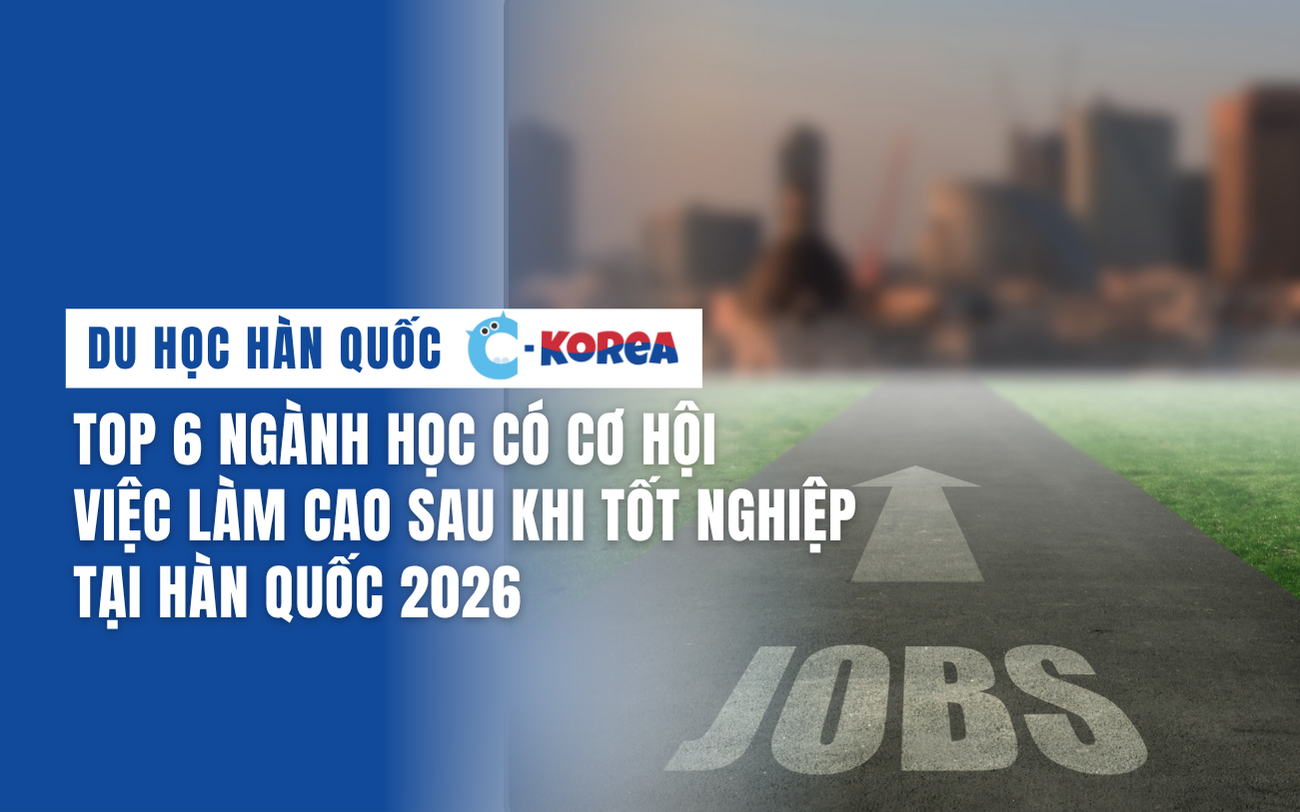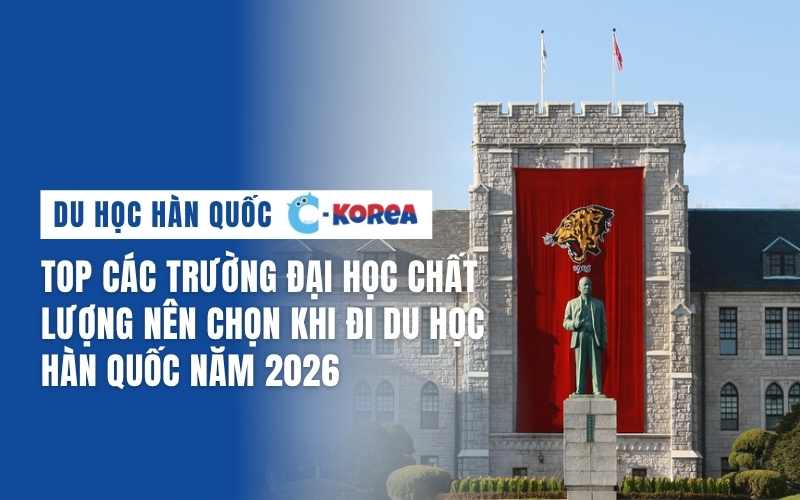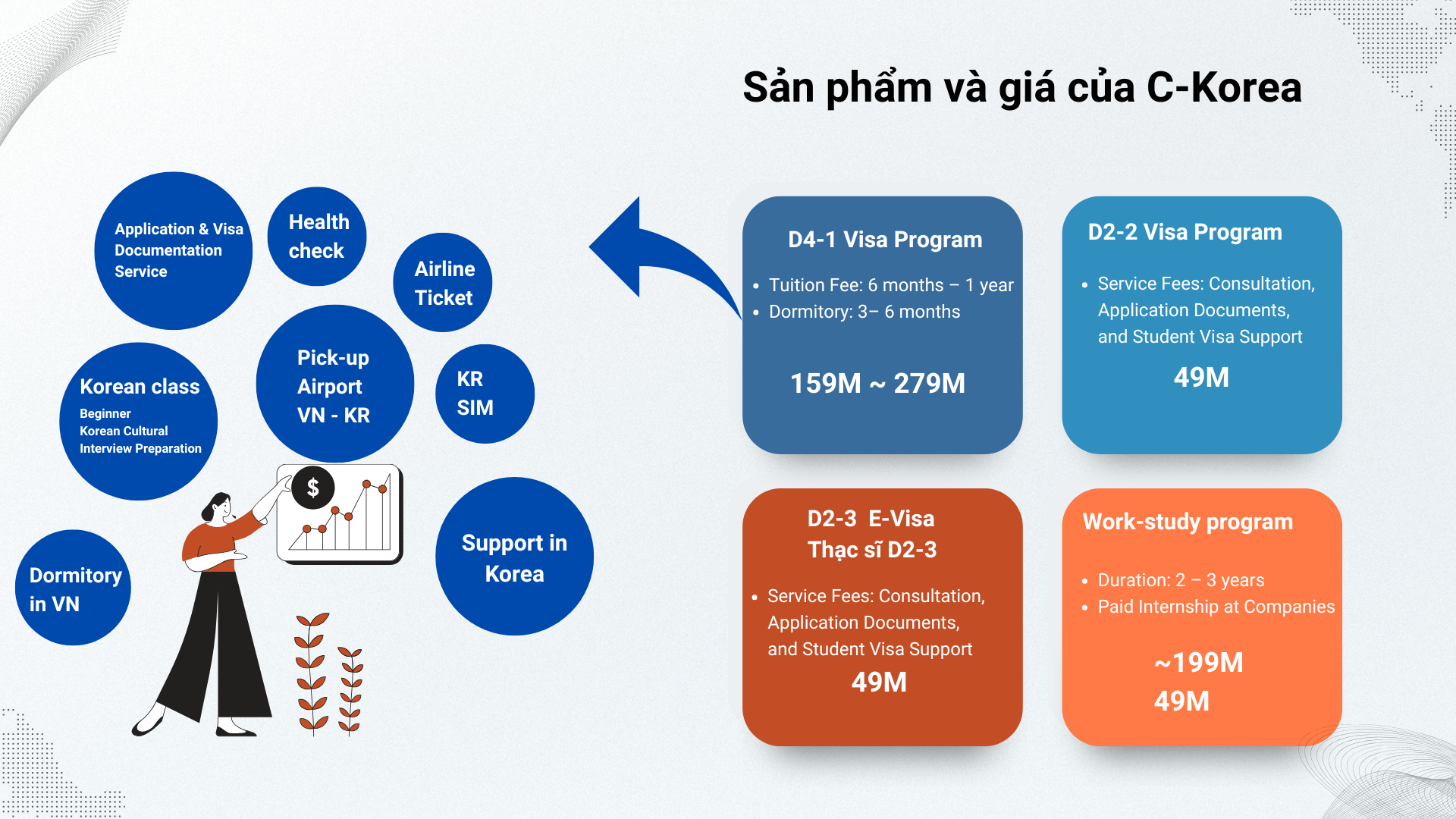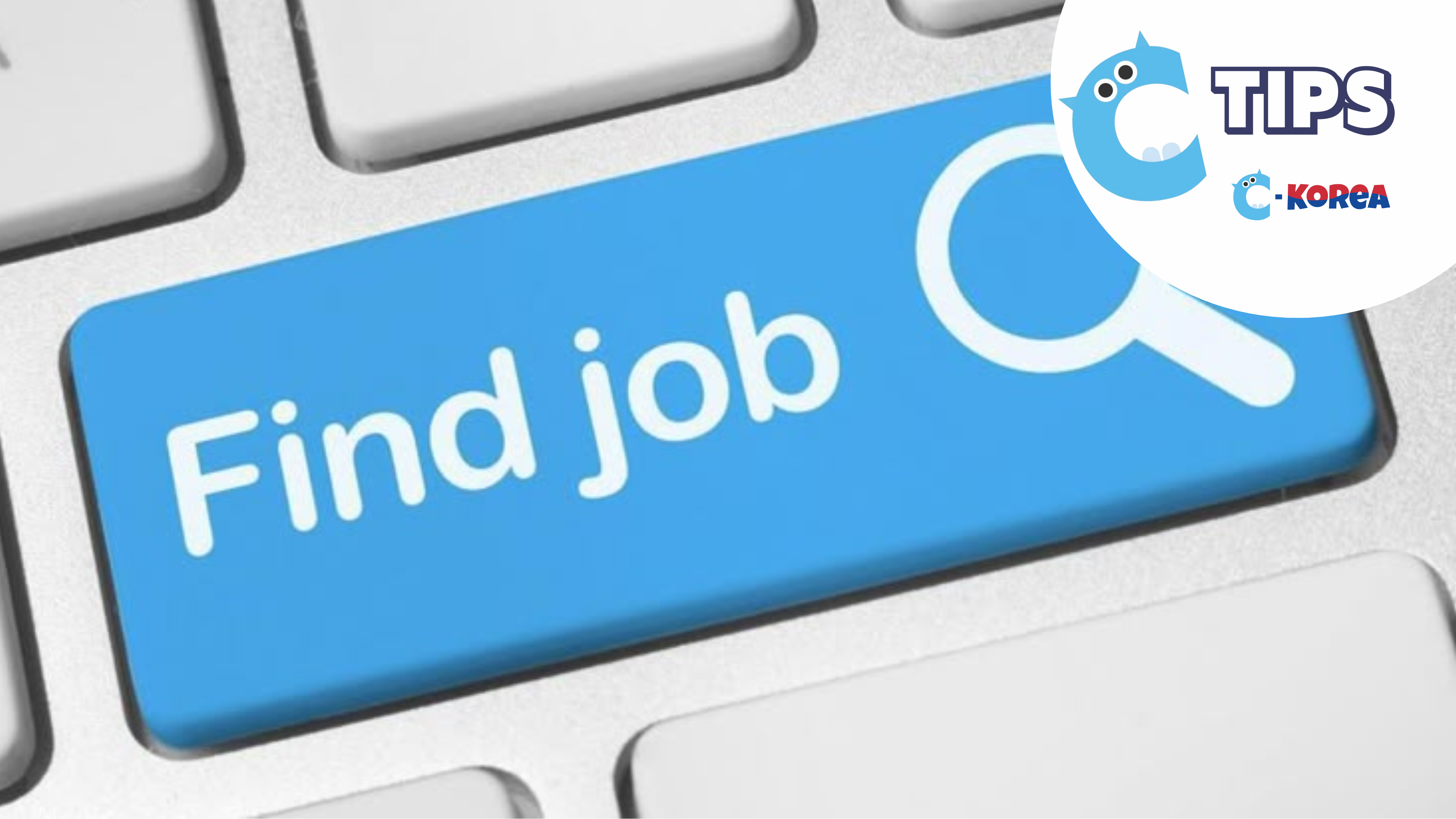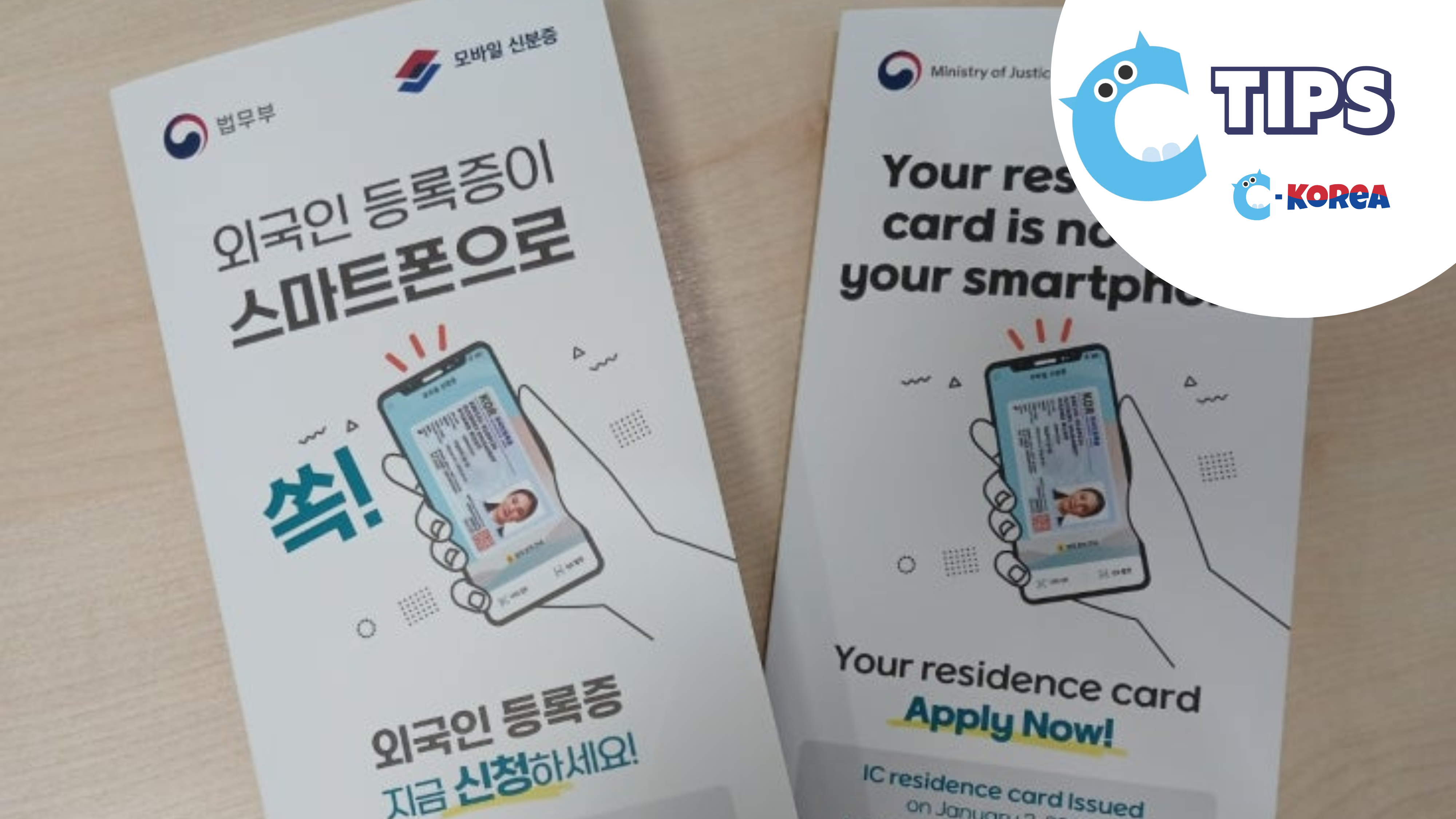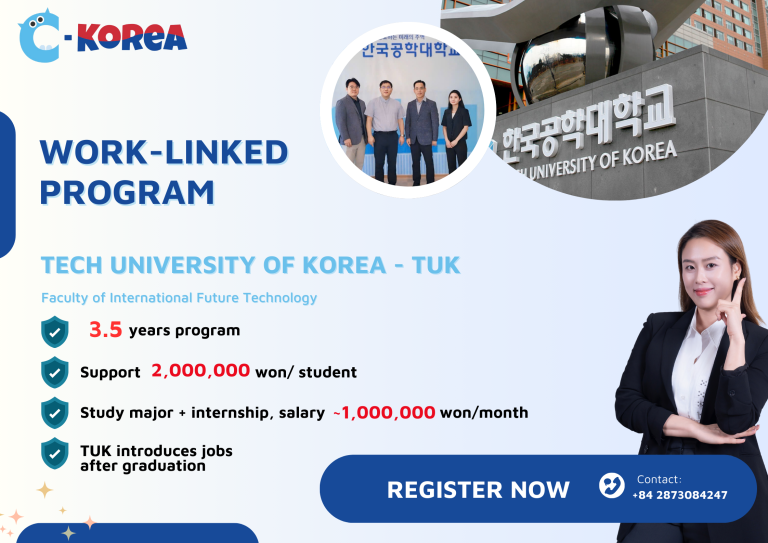For more than half a century, South Korea’s education system has played a key role in transforming the country into an economic, technological, and knowledge powerhouse. But as we enter the 21st century, South Korea faces major challenges: a rapidly aging population, a record low birth rate, a labor market rapidly transformed by technology, and a growing distrust of traditional education. Here are three possible scenarios for the nation’s education system over the next two decades. Each scenario represents a different path of development, reflecting the decisive trends and choices of the entire society.
See more about Korean study guide:
➤ Studing in Korea with economics… tuition fees only 0 VND?;
➤ How to Study Abroad in Korea for Only the Cost of 1 Cup of Milk Tea a Day?;
➤ Don’t rush to learn Korean if you don’t know these 5 facts!.
1. “Exam Republic” – Keep the current system
This scenario describes a situation where Korean education continues to maintain its current strict examination structure, where academic performance remains the top criterion for admission and student evaluation.
Consequences of this system:
- Students continue to live in a cycle of extra classes – exams – pressure – rankings.
- Schools are more about “teaching to the test” than developing critical thinking, creativity, or social skills.
- Educational inequality continues to widen as wealthier families invest more in private education.
- Burnout, depression, and lack of career direction among young people are on the rise.
However, many people still defend this model because it ensures transparency and fair competition in a familiar traditional environment.
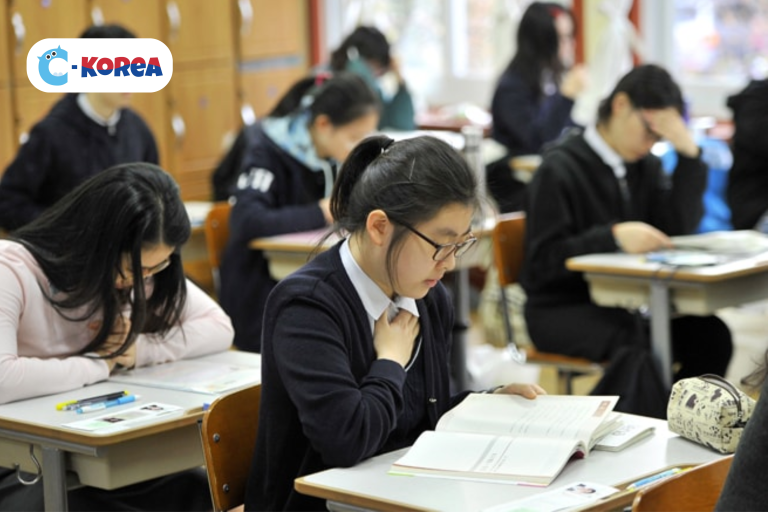
2. Individualized Education – Student-centered
Unlike scenario 1, this model proposes a far-reaching reform in which schools become spaces that support the development of individual capacities, not simply places where standardized knowledge is taught.
Characteristic:
- Instead of ranking students, education assesses learning and creative abilities.
- Each student learns at his or her own pace, interests and direction.
- Teachers act as mentors, not simply transmitters of knowledge.
- Interdisciplinary subjects, practical projects and experiential learning are promoted.
Target:
Prepare students to adapt to a rapidly changing society, develop critical thinking, collaboration, emotional management, and complex problem-solving skills – qualities that the future labor market demands.

3. Open Learning Ecosystem – Education is no longer confined to schools
In the context of information technology, AI and social networks developing strongly, formal education is gradually transforming into a flexible and open learning ecosystem.
Characteristic:
- Students can access knowledge from many sources: businesses, research institutes, online platforms, residential communities…
- Schools act as “connecting hubs” rather than as sole providers of knowledge.
- Learning is no longer limited by time, space or age. Everyone can learn for life (lifelong learning).
- AI and personalized learning technology help each person design the most suitable learning path.
Potential:
- Breaking down the boundaries between formal and informal education.
- Increase individual autonomy and learning management capacity.
- However, it also poses challenges in terms of quality assurance, recognition of competence, and building flexible assessment systems.
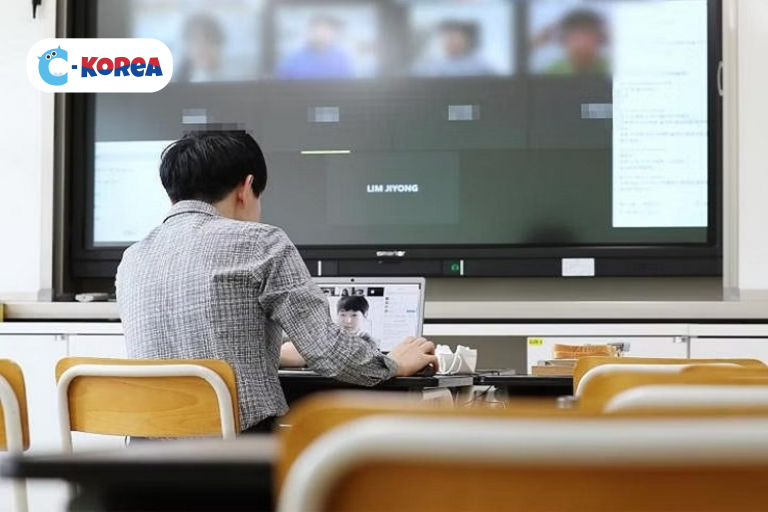
So which path should Korea take?
There is no single right path for the future. All three scenarios can occur simultaneously at different levels, depending on education policy, social needs, and community consensus. Korea needs to start by changing its perception of education – from a tool for exams to a journey of personal development. At the same time, it needs to build a feasible transition roadmap, not too abrupt, but drastic enough to keep up with the times.
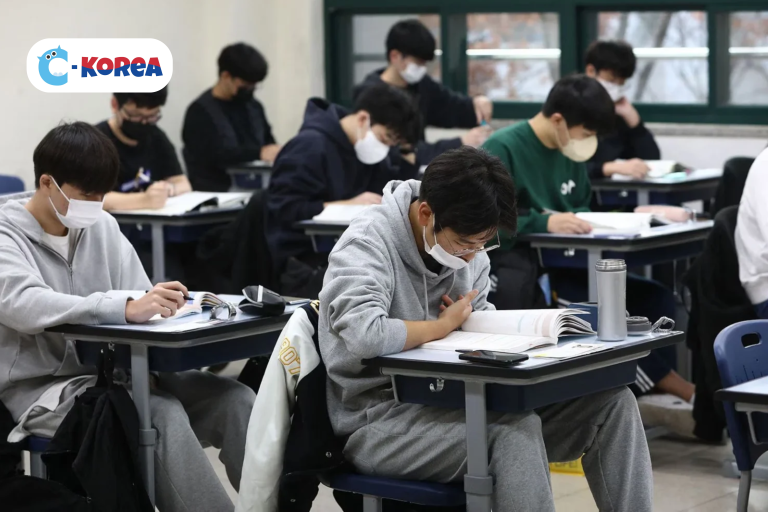
Conclude
Education is the foundation of the future. If Korea wants to prepare for 2045, it must start taking action today. Regardless of the direction it takes, education must be learner-centered, promote human values, and adapt to a changing society.
For more information about studying and working in Korea, please contact:
C-KOREA CULTURE AND STUDY ABROAD CONSULTING CO., LTD.
- Address: 5th Floor, 94 – 96 Nguyen Van Thuong, Ward 25, Binh Thanh District, HCMC
- Hotline: +84 28 7308 4247
- Facebook: https://www.facebook.com/duhochanquocckorea/
- Tiktok: https://www.tiktok.com/@duhoc_ckorea
- Youtube: https://www.youtube.com/@Duhoc_ckorea








